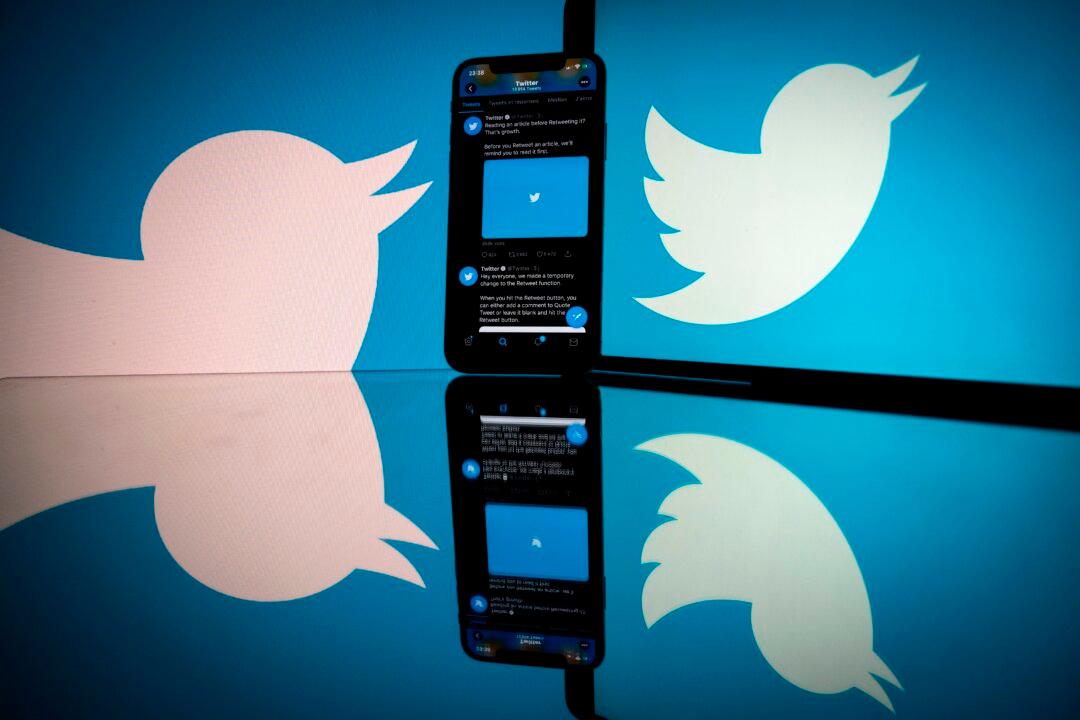Bill Richmond, lawyer of conservative talk show host Steven Crowder, is considering a lawsuit against Twitter, saying the social media company’s suspension of Crowder’s account amounts to anticompetitive behavior and false advertising because Crowder has yet to be given a reason for the suspension.
Crowder was blocked from accessing his Twitter account with 1.2 million followers on March 9 because it “violated Twitter Rules,” according to an image of an email from Twitter that Crowder presented during his March 11 show.





